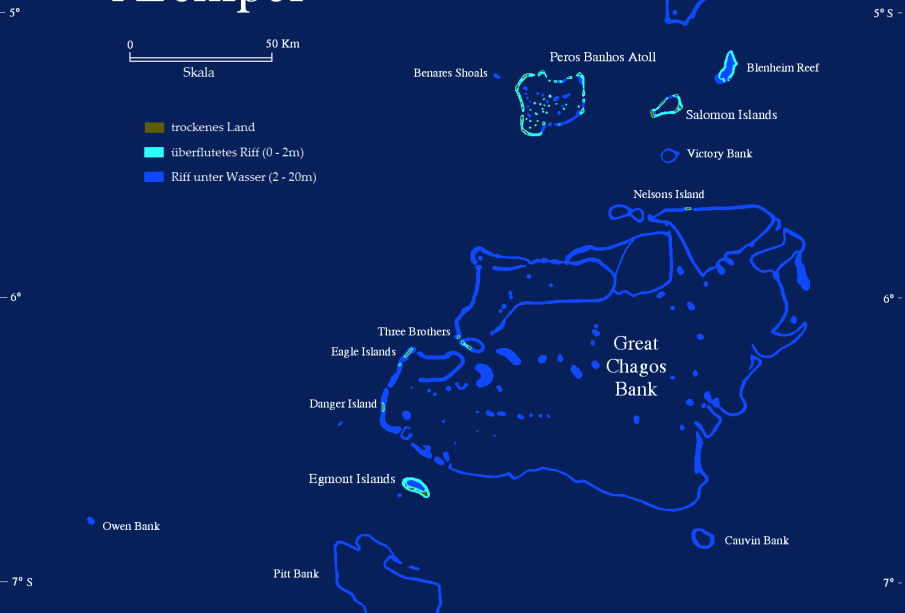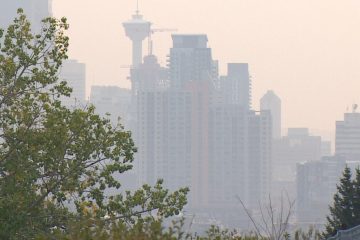The Chagos Islands: History and Contemporary Relevance

Introduction
The Chagos Islands, located in the Indian Ocean, are a group of over 60 small islands that have recently garnered significant attention due to their complicated history and ongoing territorial disputes. The relevance of the Chagos Islands extends beyond their prime ecological status; they are at the center of both geopolitical tension and humanitarian discussions, making them an important topic for international relations and human rights.
Historical Background
The Chagos Archipelago was originally inhabited by the Chagossians until 1965, when the United Kingdom separated the islands from Mauritius to create the British Indian Ocean Territory (BIOT). This action permitted the establishment of the Diego Garcia military base, which has served as a crucial U.S. strategic outpost for operations in the Middle East and elsewhere.
Current Geopolitical Significance
The geopolitical importance of the Chagos Islands is underscored by their strategic military location. The U.S. military presence here plays an essential role in intelligence gathering and military expeditions. However, this has led to significant controversy, especially regarding the forced relocation of the island’s indigenous people, the Chagossians, who were expelled during the establishment of the base. The ongoing legal battles over their right to return continue to attract international scrutiny.
In 2019, the International Court of Justice (ICJ) ruled that the UK’s administration over the territory was unlawful and urged the UK to leave the islands, reinforcing the claim of Mauritius over the archipelago. Though non-binding, this ruling has sparked discussions within the United Nations, signifying a potential shift in how the issue will be addressed moving forward.
Human Rights and Future Prospects
The human rights implications of the ongoing situation cannot be overstated. Many Chagossians continue to advocate for their right to return home, and the conditions of their displacement have raised numerous ethical questions about colonial legacies and indigenous rights. The situation in the Chagos Islands has implications for regional security, international law, and human rights, thus appealing to a broad audience.
Conclusion
The Chagos Islands represent a complex intersection of geopolitical strategy and humanitarian concern. As international pressures grow for the UK to hand over control of the islands to Mauritius and rectify the historical injustices faced by the Chagossians, the future of the archipelago remains uncertain. Monitoring the developments in this region will be essential for understanding the dynamics of international relations in the Indian Ocean and beyond. Ultimately, addressing the issues surrounding the Chagos Islands could serve as a precedent for other colonial legacies still influencing the modern world.








